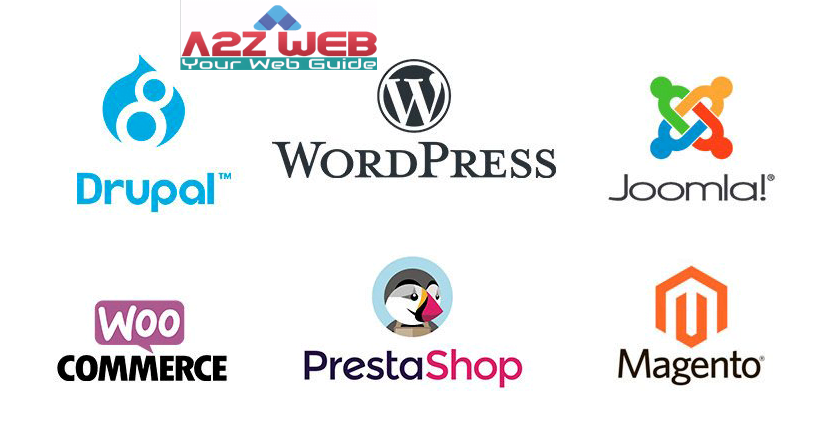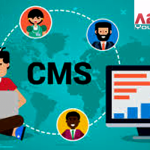
CMS – Content Management System in Web Design and Development is the most vital element that is able to build a website without coding knowledge. Coding knowledge is a must if you need some customization with the CMS based websites. In this article, I will show you some special kinds of CMS and their basic discussion.
The most essential CMS can be classified into two major groups:
To make a website unique design, not all web pages are the same, and for this, we have several types of CMS depending on the type of page we need. There are them for blogs, corporate pages, real estate, online stores, news or magazines, multimedia content, and so on. Some CMS are developments with open source projects with optional “premium” plugins, and others work under a paid license.
CMS for web pages:
WordPress
Drupal
Joomla
CMS for online stores:
Prestashop
WordPress + WooCommerce
Magento
The most important advantages of CMS are:
Developers and the community are organized to develop and release new versions of these CMS on a regular basis.
There are thousands of modules (or plugins) developed by other independent programmers that help us to complement the base CMS with new functionalities for free or paid.
They are designed so that once the web project is implemented, it can be the end customer who does content management, leaving the developer for modifications, updates, and maintenance tasks.
WordPress is the King of Web Arena:
The figure is scandalous; According to a report by W3Techs, 30% of all websites are made with WordPress.
WordPress was originally created for blog management, but over the years, the strong community behind it has been improving the product according to the needs detected and adding new functions that today allow us to make almost any type of website: From a blog to an online store with completely professional finishes.
In the Internet Department, we almost always make web pages with WordPress, considering that it is the easiest to use for the end-user, the safest, and the most customizable of all you need.
In concluding, I would like to list some of the main advantages of using WordPress:
Easy to use: You don’t need to know how to code to publish and manage dynamic or static content.
SEO and indexing: Perfect management of natural positioning in search engines, allowing control of several fundamental aspects to appear in Google.
Scalable: One of the strengths of the Content Management System (CMS) are the plugins, Components, or modules that we can add at any time and can create new functionality.
Customizable: They are usually systems with a high degree of customization: From web design to new features and options that a developer can implement.
Security: Security updates are always up to date, robust architecture, and with many options to customize the security measures of a website.
Finally, I consider that the great advantage of these CMS is that you only have to have the services of a programmer when creating and launching a website with CMS. From that moment, the end-user is the one who manages the content of the web, with the savings in programming hours that this implies.


